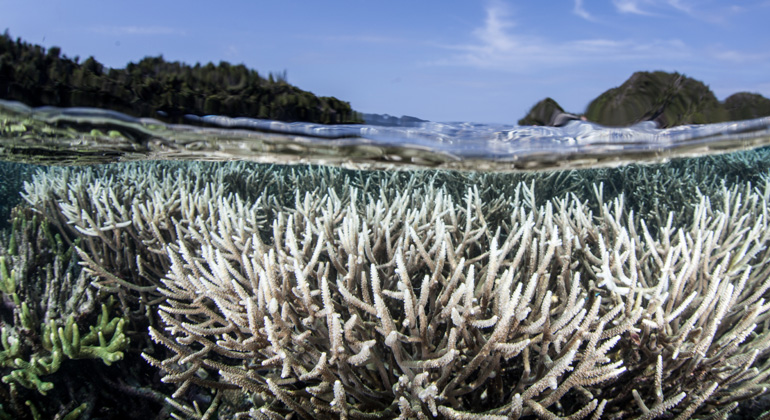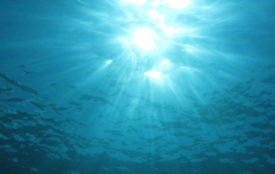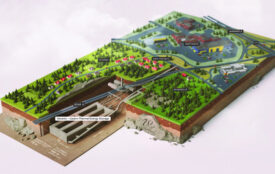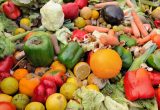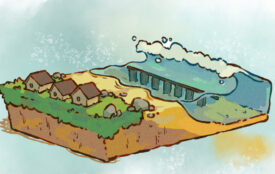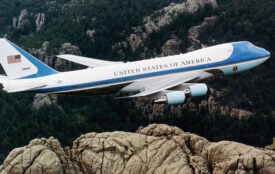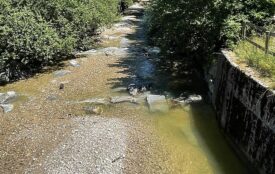Reef authority confirms mass coral bleaching event hitting the Great Barrier Reef
New aerial surveys show a mass coral bleaching event is now occurring on the Great Barrier Reef with some southern areas, which dodged the 2016 and 2017 events, now among the reefs being impacted.
The Great Barrier Reef Marine Park Authority (GBRMPA) has confirmed that our greatest natural icon is experiencing mass bleaching for the third time in five years.
GBRMPA issued an update this afternoon which confirmed very widespread bleaching had been detected in aerial surveys over some 344,000 square kilometres of the Reef.
The update also confirmed “some southern areas of the Reef that had little or no bleaching in 2016 and 2017 have now experienced moderate or severe bleaching”.
WWF-Australia’s Head of Oceans, Richard Leck said the southern Great Barrier Reef had been spared from the worst impacts of previous mass coral bleaching events in 2016 and 2017, making this current event particularly alarming.
“The past two mass coral bleaching events were concentrated in the northern Great Barrier Reef. Only about 1% of the southern part of the Reef bleached in those events, so it’s heartbreaking to now see this once healthy coral fighting for survival,” said Mr Leck.
Mr Leck said the southern Great Barrier Reef’s dominant coral species – staghorn and plate corals – were especially vulnerable to the current extreme heat conditions.
The Great Barrier Reef has now been hit by five mass bleaching events: 1998, 2002, 2016, 2017 and 2020.
This year’s mass bleaching comes in the wake of one of worst bushfire disasters in Australia’s recorded history.
Mr Leck said these climate-driven disasters must motivate federal and state governments to take stronger climate action to limit the global average temperature increase to 1.5°C above pre-industrial levels.
“Climate change helped fuel the fires that killed our koalas and now it’s cooking our coral,” he said.
“In the next year, Australia must start implementing legislated plans to accelerate the transition to renewable energy and a zero-carbon economy if we are to limit warming to 1.5°C and protect our beautiful natural world heritage site.
“Failure to act will not only jeopardise the future of the Reef, but also the thousands of tourism jobs in regional communities that depend on it.”
The World Heritage Committee will assess how well Australia is managing the Great Barrier Reef in July.
